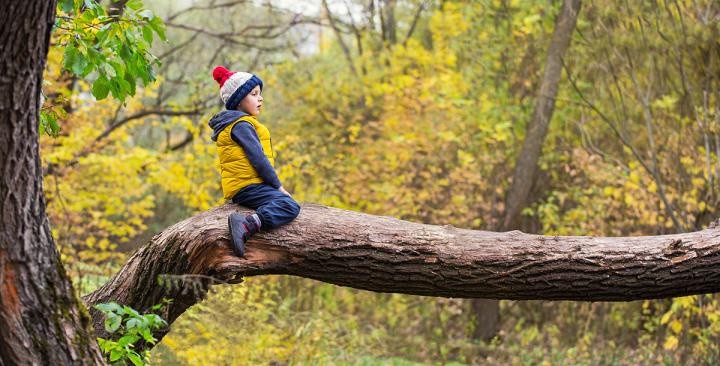
Mental health challenges among American children are a growing concern, with both internalizing and externalizing symptoms being prevalent. Internalizing symptoms such as anxiety and depression, alongside externalizing symptoms like aggression and rule-breaking, contribute to this issue.
According to the National Institute of Health, research has shown a correlation between exposure to green spaces and enhanced mood, as well as a reduced risk of mental disorders. However, previous studies have primarily focused on adolescent and adult populations within limited geographical areas, leaving a gap in understanding the effects on children's mental health.
Addressing this gap, a team of researchers from the Environmental Influences on Child Health Outcomes (ECHO) Program at the University of North Carolina, led by Dr. Nissa Towe-Goodman, conducted a comprehensive study. Examining over 2,000 children born between 2007 and 2013 across 41 states, they utilized satellite imagery to estimate vegetation density near each child's residence.
Results, published in JAMA Network Open on April 10, 2024, revealed that proximity to green spaces was associated with reduced internalizing and externalizing symptoms during early childhood (ages two to five years). This association persisted even after adjusting for variables such as sex, prematurity, parental education, and neighborhood socioeconomic status.
However, during middle childhood (ages six to eleven years), no significant relationship between green spaces and mental health symptoms was found. The researchers suggest this may be due to increased time spent at school rather than at home during this developmental stage.
The findings suggest that enhancing access to green spaces, such as through parks, urban forest programs, and protected natural areas, could benefit children's mental health nationwide. Further research is recommended to validate these findings and explore the causal relationship between green space exposure and mental health outcomes in children.
Dr. Towe-Goodman stressed the importance of nature exposure during early childhood, stating, "Our research supports existing evidence that being in nature is good for kids and suggests that the early childhood years are a crucial time for exposure to green spaces."
